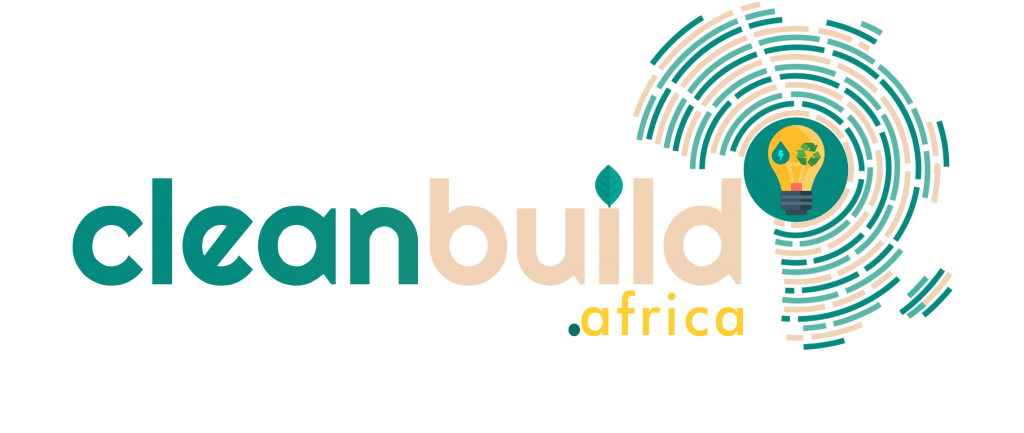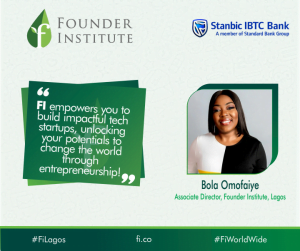Data from the International Energy Agency shows that over 2.6 billion people cook using open fires or stoves powered by kerosene, biomass, and coal.
The WHO also reports that every year, close to 4 million people die from illnesses attributed to these inefficient cooking practices.
In the Sustainable Development Scenario developed by the IEA, governments, and donors put access at the core of recovery plans and programs to ensure that low-income and poor communities gain access to cleaner cooking facilities.
Although there’s so much excitement as electrification rates across Africa witnessed improvement in the past few years, thanks to renewables like solar home systems, however, the deadly use of charcoal and fuel-powered stoves for cooking are dramatically on the rise.
To this end, liquefied Petroleum Gas (LPG) also known as cooking gas offers readily available and scalable solutions in many parts of Africa today, especially in gas-producing countries like Nigeria.
The irony is that Nigeria has more natural gas than it knows what to do with it. The Department of Petroleum Resources (DPR) announced last month that gas deposits in Nigeria have moved 206.53 trillion cubic feet. Even with this growth, the country ranks among the lowest consumer of LPG globally.
A unique solution solving an everyday problem
According to Global Alliance on Clean Cookstoves, 92 percent of Nigerians who live on less than €2.5 per day still depend on dirty fuels for their cooking.
This is situation is Homefort, a Lagos-based clean energy startup aims to address. Launched by Opeyemi Owosho, the startup is on a mission to help low-income households switch to clean cooking.
Many households in Nigeria, at some point or the other, have run out of cooking at a most inconvenient time sometimes very early in the morning or late at night when gas depots have closed for the day.
Owosho, Founder of Homefort, cited poor consumer experience in the cooking gas industry as a reason for the low consumption of cooking gas in Nigeria.
“You don’t know when you’re going to run out of cooking gas. And when you run out of cooking gas it takes almost forever to get it refilled.
The retailers are mostly quack who will overfill your bottles which is actually dangerous. Some may even underfill your bottle, not giving the value for your money. That’s the first phase of the problem.”
He continued, “The second phase of the problem is over 90% of cylinders in circulation in Nigeria today are expired. LPG marketing companies are not bringing in new cylinders. So you have 90% of cylinders in markets in circulation today that are dangerous to everyone.”
Cooking made smarter and cleaner
Using digital innovations and a pay-as-you-go model, Homefort makes cooking gas easily accessible and affordable to all households.
The startup designed an IoT-based smart meter to digitalize LPG distribution in Nigeria. The smart meter innovation can be operated from a mobile phone. The device allows users to track the volume of gas, its usage in real-time, and the quantity of gas they have left.

According to Owosho, Homefort’s smart meter is easy to use. It can be plugged into any generic gas cylinder, connecting and cylinder, and stove.

Once this is done, the meter begins to transmit data to users giving them information while allowing them to monitor data usage via mobile phone. The startup offers additional services.
“Before users run out of gas, we bring them refilled bottles. Our smart meter also helps LPG marketing companies to track their assets, that is, cylinders in real-time. Because there’s a safety concern around cooking gas, another unique part of the smart meter is that it detects gas leakage”, he added.
After a year and a half of actively building this solution, Homefort’s founder revealed that the team finds the energy space challenging.
“Deploying IoT skillS is new turf in Nigeria. We didn’t envisage a lot of the challenges we saw. One thing we realized is that data is everything. Taking this into consideration, we’ve launched version 12 for both our hardware and software products which are doing a lot better. So, yes, we have real products for a real market at this time”, he said.
Onboarding new customers
According to the founder, Homefort’s onboarding process goes something like this:
“To onboard a low-income customer to cooking gas, she makes a down payment of €10 and we give her cooking gas startup kit. The startup kit is prefilled with gas, but the customer can prepay for gas in micro-units of as low as 40 cents per time using her phone.
When the unit bought is exhausted, the meter locks in the gas within the cylinder until a new account is bought.
Because the meter is IoT enabled, we remotely monitor the customers’ gas volume left. We deliver fresh pre-filled cylinders to customers before they run out of gas.”
The transition from dirty fuels to cleaner energy for cooking is one move that has gained momentum in several parts of the country. And with the federal government seeking to ensure that the use of liquefied petroleum gas as cooking fuel grows to 90% in the next 10 years. Homefort’s vision to bring a new lease of life to the downstream sector might be achieved sooner than they envisioned.
In 2020, Homefort Energy received a $5,000 grant after winning the Kingdom Hackathon Prize of the Redeemed Christian Church of God.
Also in the same year, the startup won a $10,000 Grant from the Nigerian Oil and Gas technology Hackathon and All One respectively.
Featured Image: Opeyemi Owosho, Founder Homefort Energy, on

































